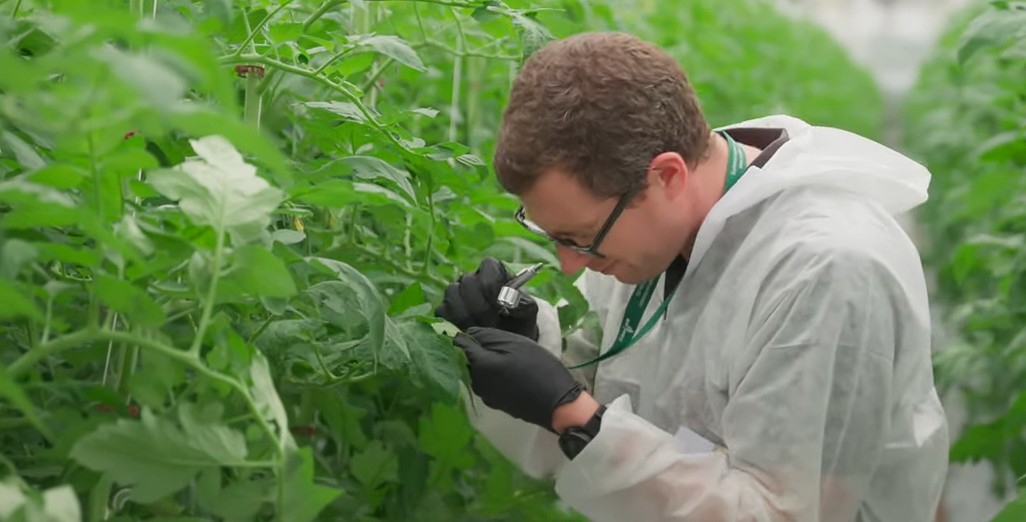Sign up here to subscribe to the Grower2grower Ezine. Every two weeks you will receive new articles, specific to the protected cropping industry, informing you of industry news and events straight to your inbox.
Nov 2020
Water Storage and its advantages
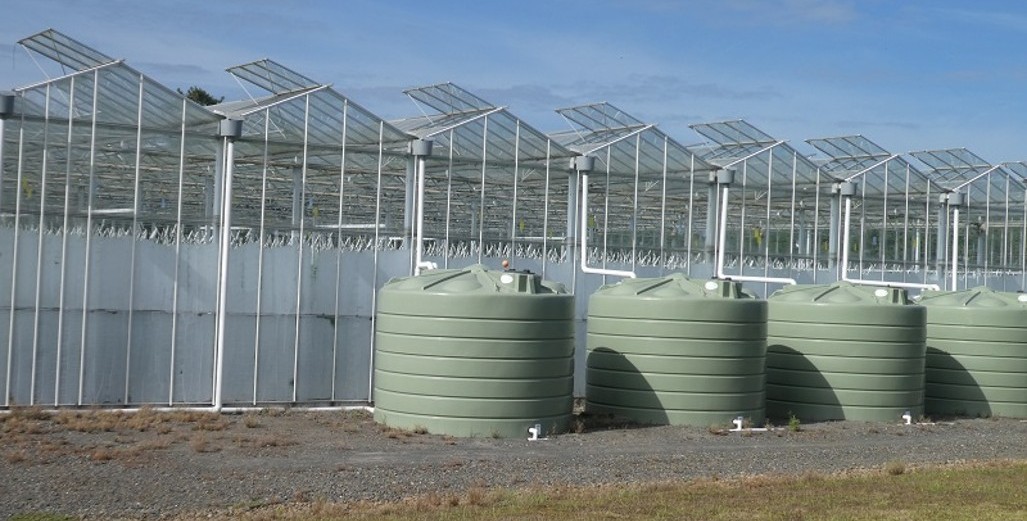
Protection in case the bore runs dry
Many growers will be drawing allocated water from bores for irrigation. Likewise, many growers store rain water collected from the roof in storage ponds. If you have the room storing rain water, collected from the greenhouse, offers a layer of water security. The greenhouse industry has a major advantage that we have the ability to collect and store (room permitted) nearly every litre of water that falls on the greenhouse roof’s.
Analysing local monthly rainfall and calculating monthly irrigation requirements will help determine the size of the storage required. You may not have the land, or even the need to collect every drop of rain water, but it certainly would offer a free insurance policy and buy valuable time if a bore was to run dry or you were waiting until the next time it rained.
The cost to install or replace a bore is a capital cost as is building water storage. The capital expense, and the benefit of having both options at a property, increases water security not to mention increasing the value of the business.
Water storage ponds are nothing new, many companies already have large lined ponds. For smaller growers the capital cost may be off putting. However, it is worth understanding the costs involved with different options available.
The options you have for water storage are:
- Fixed Tanks
- Lined Ponds/Canals
- Bladder’s (Flexi tanks)
Note:
I am often asked about taking water from creeks, to which the reply is always the same. Be careful. Unless you know what is coming downstream you have no idea what is in that water.
Last week I’m sure many in the greenhouse industry would’ve seen this segment on TV3;
When we were growing, our only source of water for irrigation was from a bore. This story highlights why it is time to consider collecting and storing as much rainwater as possible to mitigate climate change and water scarcity issues. No one owns rain, if it falls on your property it is yours and as long as you can legally build one of the water storage options then it could safe guard your business for years to come.
Images below of possible storage options:
Ponds
Lined steel tanks

Flexi Tanks
Plastic Tanks
I appreciate your comments. Please feel free to comment on the grower2grower Facebook page:
https://www.facebook.com/StefanGrower2grower/
Article Written and compiled by Stefan Vogrincic, Consultant, Grower2Grower
Article Edited by Marie Vogrincic, Editor, Grower2Grower
CLASSIFIED
Subscribe to our E-Zine
More
From This Category
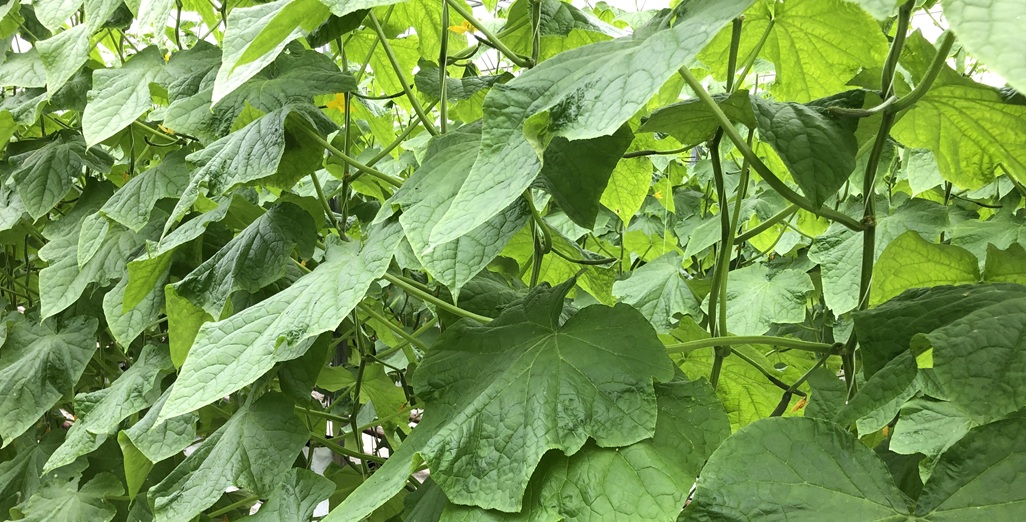
EPA – New reporting and notification requirements are coming in 2026

Skytree, a pioneer in direct air capture (DAC) technology, announces its official market entry into New Zealand.
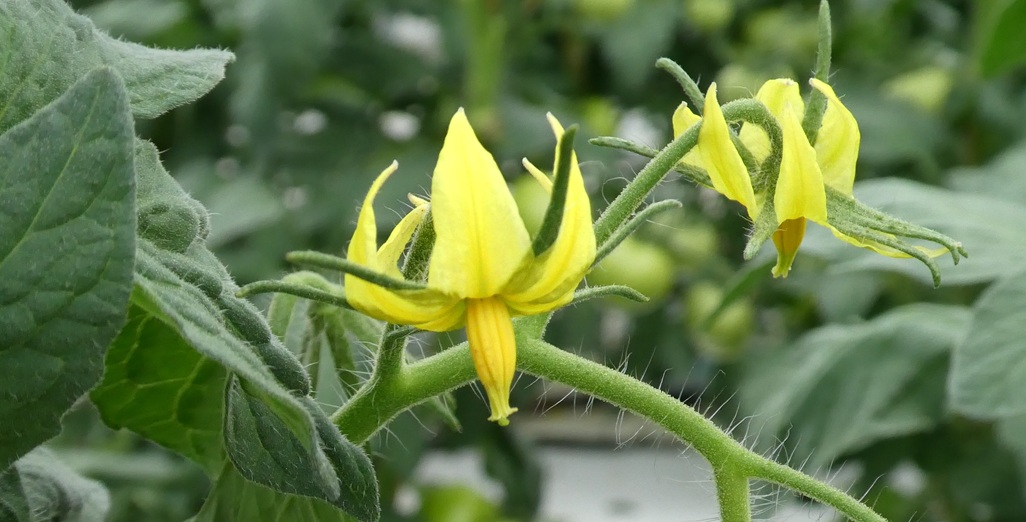
Celebrating 200 Editions of Grower2Grower: A Milestone for Our Growing Community

Metazet investigates chemical resistance of cultivation gutters: material choice crucial under stricter cleaning protocols
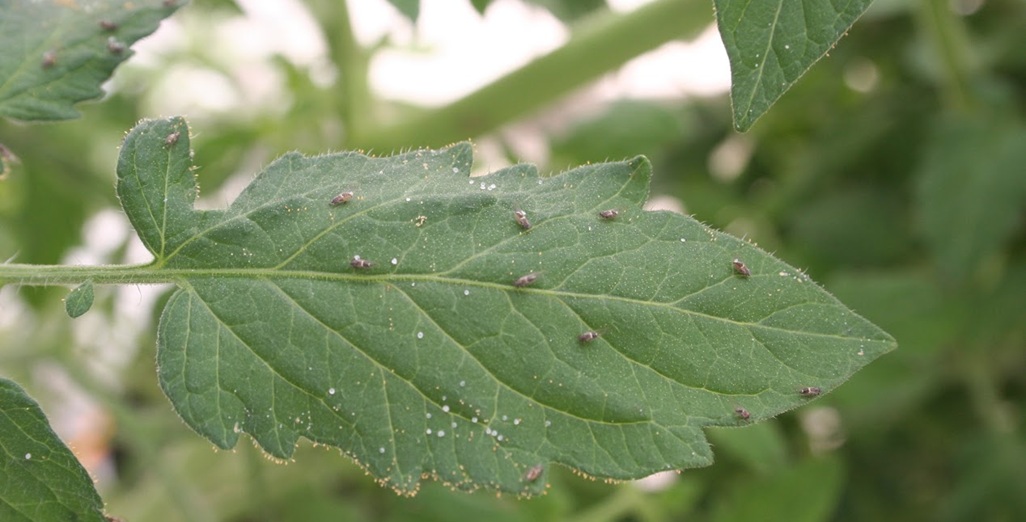
Tomatoes biocontrol focus of new podcast series
